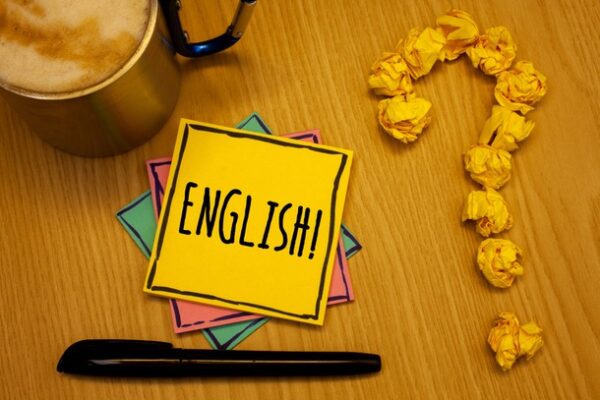Say again, ‘The Schwa’? The what?
When reading our colleague’s post over on the Collins English Language Learning blog, I heard about The Schwa sound for the very first time, and thought it would be useful to replicate some of the content here.
I was intrigued to learn from the authors Helen Ashton and Sarah Shepherd that one of the most challenging sounds for non-native speakers of English is actually the most common sound in the English language! That sound is The Schwa. The schwa is a very subtle, quiet sound – you may barely have noticed it, but without it, you can never hope to capture the rhythm of English. Any written vowel can be replaced by the schwa if it’s in an unstressed syllable. Examples can be heard in words like allow, or official: rather than saying the strong form of the vowel, it should be pronounced with a quiet ‘uh’ sound, like ‘uhllow’, ‘uhfficial’.
I had to find out more! I found this great video online which gave lots of examples of how the schwa is used in everyday speech by native English speakers. And as a native speaker myself, it’s something I had never even thought or heard about.
Helen and Sarah explain that for non-native speakers this sound can really challenging, because when you’re speaking in your second language you want to be as clear as possible in order to be understood. Using the schwa can feel like mumbling or like you’re not fully pronouncing a word properly. However, in reality all native speakers use the schwa and by not using it, you are are much more likely to be misunderstood.
The schwa is key to showing what’s important within sentences. The vowels in small grammar words like ‘to’, ‘as’, ‘at’, ‘can’ ‘was’ etc frequently reduce to schwas, and not using them will make those words stand out too much, and confuse listeners about the overall meaning of what you’re trying to say – the individual words may be clear, but the meaning of the sentence gets lost if you don’t unstress the unimportant words.
For example, in a sentence like ‘I was waiting for you’, if you don’t unstress the word ‘was’ by using a schwa sound like ‘wuhs’, it ends up sounding stressed to native speakers. This changes the meaning of that sentence from something quite neutral to ‘I WAS waiting for you’ which could seem argumentative and could get you into a spot of bother!
For more ELT tips head over to the ELT blog.



